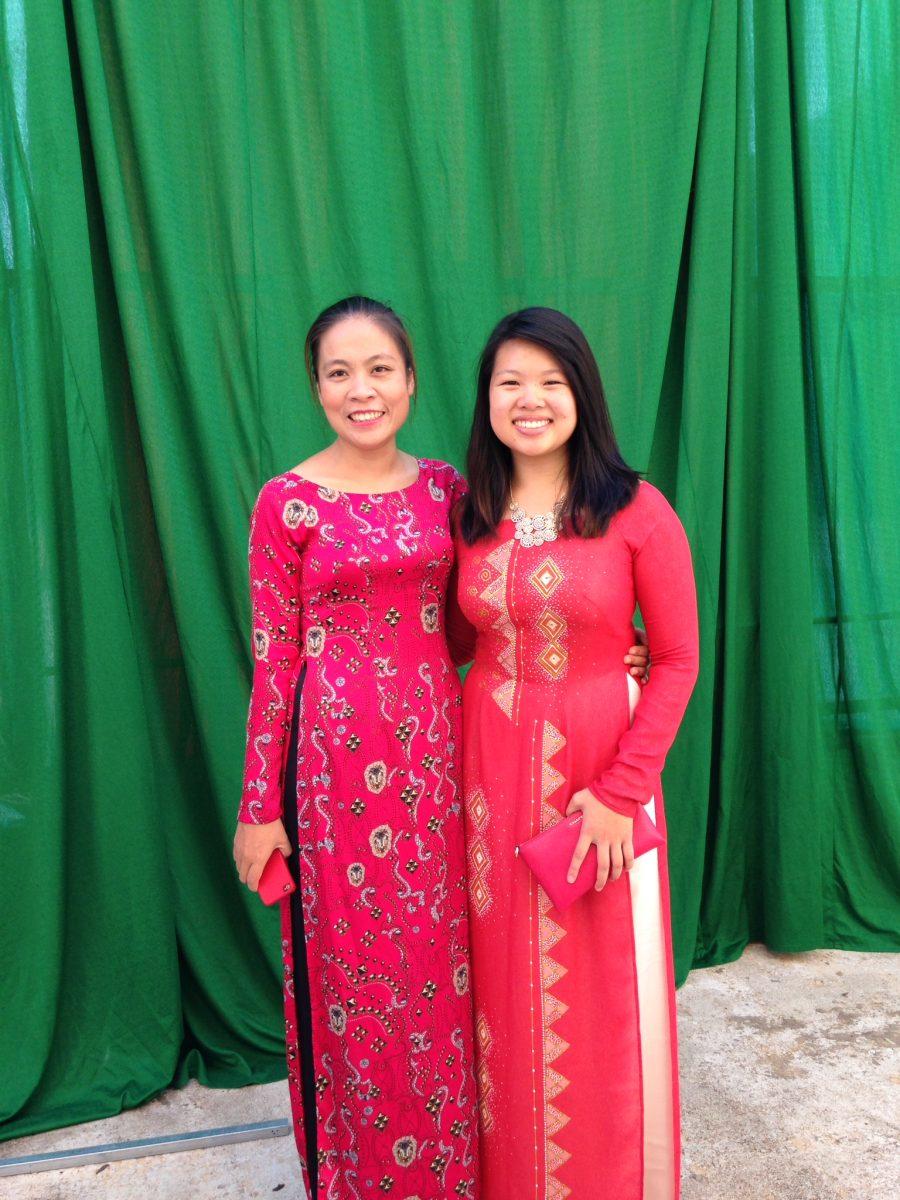A LOOK INTO EXPERIENCES ABROAD AND ON CAMPUS HOPES FOR THE EXPANSION OF THE PROGRAM—
Director of The Space Jennifer Dillinger recommends that students start considering possible career paths during their first year of college.
“A major choice doesn’t equal a career choice, so it’s important that the student begin considering possible paths early,” she says. “I encourage students of any year to meet with a career coach about his or her path.”
While many career paths involve graduate school or a job directly after graduation, there are alternative options.
According to Dr. Kirsten Krick-Aigner, the chair of the post-graduate scholarship committee, “The culture of Wofford has to change so that more students know that there are other opportunities besides getting a job directly after graduation or going directly to graduate school.”
Krick-Aigner says that one such opportunity is the Fulbright Scholarship, a program centered on creating and sustaining opportunities of mutual cultural exchanges between U.S. citizens and the global community. Krick-Aigner highly encourages students to pursue this program, as it is beneficial both for personal growth and future opportunities.
“I think just in writing the personal narrative required for the application, students learn a lot about themselves. I also tell students that we live in an increasingly globally minded world, and having an experience that immerses an individual in a different culture shows that they will be able in the future to deal with difference, embrace diversity, and work with people from different backgrounds. That is something that is highly sought after perhaps in all professions,” says Krick-Aigner.
“It sends a strong message about that individual’s maturity and their identity as a global citizen, which is ultimately what Wofford is trying to produce in its students – globally minded citizens,” she says.
Currently, Wofford has two recent graduates working abroad as Fulbright ETAs, or English Teaching Assistants. David Moore, stationed in Mokpo, South Korea, teaches over 600 students at an all boys middle school, and Anna Le is stationed in rural Vietnam at a gifted high school and teacher training college.
Le, who grew up in a bilingual Vietnamese-American household, decided return to Vietnam following her study abroad experience where she was inspired by the motivation of the students to learn and improve their English, an thus open many opportunities in their educational pursuits.
“I wanted to continue cultural exchange conversations, dig deeper into understanding my heritage and more tangibly contribute to equipping the young future Vietnamese generation for success. Fulbright became the perfect opportunity for me to fulfill those aspirations,” says Le.
“Vietnam is a dynamically exciting place to be right now. I am drawn to discussing the effects of globalization on the Vietnamese lifestyle and culture, dispelling generalizations about American culture, and witnessing how a country is working to preserve their identity while also integrating foreign partners and ideologies to strengthen their economy, social development, and diplomatic ties.”
Moore, who is half-Korean, was similarly inspired to apply to teach in South Korea in order to connect with and better understand his roots.
“I grew up without ever really having a clear understanding of Korean culture. My mother is Korean but moved to the U.S. when she was 14 years old and hasn’t been back since. I thought a year in Korea would be a way for me to get in touch with my mother’s roots, while also exploring a new language and culture.”
Moore says having 600 or more “rowdy, wild, crazy and amazing middle school boys” looking up to him each day is an enormous task, but also super rewarding.
“As a teacher, I have learned to appreciate my former teachers and professors so much more. They go through so much. If I had to sum it up, I would say always love your students. This has affected me in a lot of ways, but it really makes me feel like teaching has made me more of a selfless and accountable individual,” says Moore.
Moore and Le agree that serving as a Fulbright scholar involves much more than teaching.
“I’m reminded day by day, this job is more than teaching English, but more poignantly serving as a cultural ambassador of the United States in mostly remote areas of a country where many of the locals have never interacted with an American,” says Le.
“The mission for Fulbright is very simple and really it is a beautiful thing,” says Krick-Aigner. “It is being a diplomat for the U.S., being the positive messenger for American culture. I think that cultural exchange is another very important step towards diplomacy and conflict resolution, and in today’s time I think it is even more important to pursue those kinds of co-optive intercultural interactions.”
In order to apply for the Fulbright program, Krick-Aigner suggests students start thinking about the program during their sophomore year. The scholarship committee would like to identify potential junior applicants by April 15 in order to begin building their application, which is not due until October of their senior year, but is very extensive and thorough and thus requires a lot of time to complete.
“The earlier a student starts thinking about it, the better chance they have at succeeding and getting a scholarship because they are really working towards aligning their studies and interim coursework with their ultimate goal,” says Krick-Aigner.
“The committee goes through different sources on campus to identify top students, not just in terms of their GPA but in terms of work they are doing on and off campus, engagement in the community, interests in studying and traveling abroad, and interest in researching or teaching.”
In order to learn even more about these opportunities, the committee hosts informational meetings, usually twice a semester, which will be announced through the Daily Announcements.
Also, students may go to wofford.edu/internationalprograms/scholarshipopportunities.aspx to learn more about the Fulbright, as well as other post-graduate scholarship opportunities available to them.
— Kelsey Aylor
























